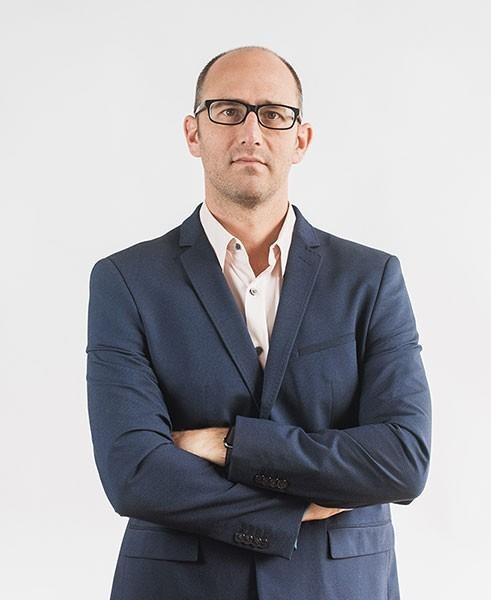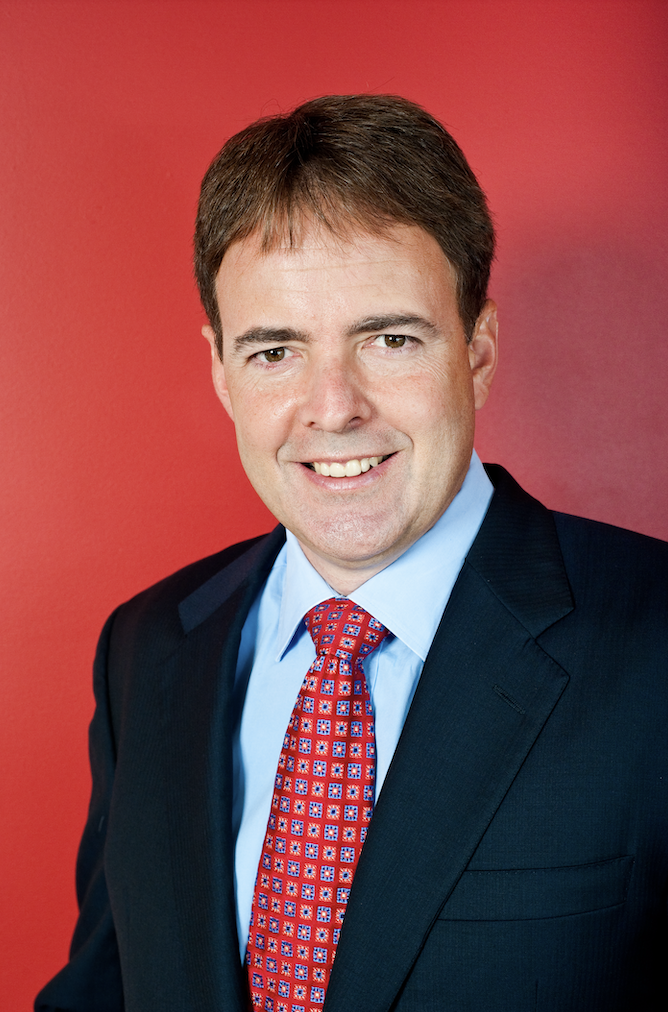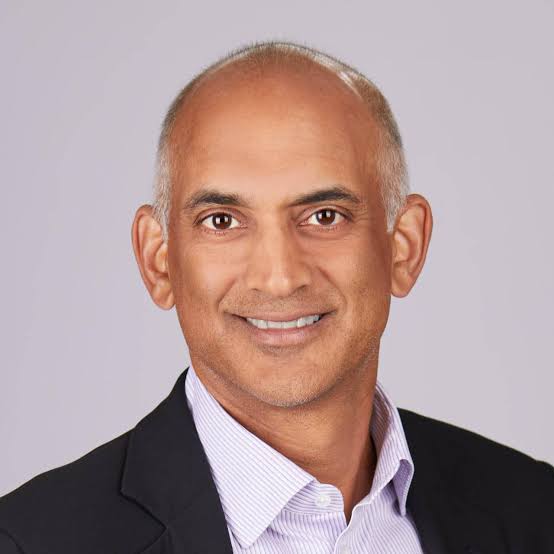Transcripts

Erik: Joining me now is Uranium Insider newsletter founder and publisher Justin Huhn, Justin prepared a slide deck to accompany this week's interview. Registered users will find the download link in your Research Roundup email. If you don't have a Research Roundup email, just go to our homepage macrovoices.com, look for the red button above Justin's picture that says, “looking for the downloads.” Justin, when I booked you on to do this week's interview a couple of weeks ago, I was thinking, okay, I think the bottom might be in already on the uranium market, let's get Justin on. Well, we're still at a bottom to talk about it. And then last week, I thought oh, no, we missed it. It's going to be new all-time highs by the time next week comes around. But now it seems like we're consolidating back down. So is the bottom in on this correction, or what do you think?
Justin: I think the bottom is in on the correction for the commodity, yes, I probably would go there. Of course, anything is possible. I don't have a crystal ball. But I think most of the industry actually was pretty surprised to see the price pullback as much as it did. And so we topped out at just over $106/lbs on the spot price. That was early February, pulled all the way back to $84/lbs, we're back up to just under $89/lbs currently. So we bounced up off the bottom, but it seems to be taking another breather here. Still, very low volume is being traded in the spot market. But meanwhile, the long-term ticker continues to move up, kind of month over month, it's up 15%. According to UXC, it's up a bit more year to date. According to Trade Tech, the two primary price reporters, as far as the equities prices, I think the bottom is probably also there. Of course, if we have a major washout, the broad market liquidity type event, that's always kind of the disclaimer for anything you own. So that's not unique to Uranium. But the stocks right now seem to have kind of an underlying strength here. I'm noticing intraday, the weakness is being bought up not on heavy volumes, not super enthusiastically, but it feels like accumulation to me. I wouldn't be surprised if the most recent bottom in that pullback is also in for the equities. We've got pretty nice technical setup on the charts. Looking out long-term at URA for example, there's just kind of a big, very multi-long, multi-year, just gorgeous cup and handle that I'm expecting to break out this year in potential for near term catalysts as well. So knocking on wood, probably saw the most recent bottom.

Erik: Joining me now is Larry McDonald, publisher of The Bear Traps Report and author of a brand new book, which is titled: How to Listen When Markets Speak. Folks, as you can tell, I’m suffering some laryngitis, as we're recording this interview, please bear with me. Larry, in the last two minutes before we went on the air, gold took out the 2300 round number, we're at 2301 as we speak, what's really surprising to me is, there's been a very strong inverse correlation between gold and the dollar. And, of course, gold is always competing with interest rates. So usually, as interest rates go up, gold goes down. We're seeing a change in correlations. What's going on here?
Larry: Well, I think the beast is in the market Erik. And first of all, you losing your voice is like, you know, Ted Williams losing the bat in the batting, but you've done such a marvelous job over the years, leading this incredible program of MacroVoices, thank you for everything, and all your leadership and the whole team. But I would say that with gold, the beast in the market inside knows the gig is up. Politically, the Fed, can't really hike. If they hike, if they were to hike, because of inflation expectations, then it's going to blow up the regional banks. And essentially, the beast of the market knows that the Fed really can't do much. And so normally, the last couple of years, if interest rates went up, gold was lower. And now over the last couple of weeks, especially today and yesterday, gold is moving higher with rates. And it's almost like we were going back to the 1970s dynamic, where there's a stagflation probability that's rising, and Washington is really in trouble with that 80 billion a month of interest now, and that it's going to go up to maybe from 80 billion a month to potentially annually 1.4 trillion of annual interest costs over the next year, if the Fed hikes or keeps rates here. So the beast in the market knows that the Fed politically is dealing with a troubled Washington, really a spoiled brat. And I think that’s what gold is telling us.

Erik: Joining me now is Forest For The Trees founder Luke Gromen. Luke, it's been quite a while, we haven't seen you since October. I'm really looking forward to catching up. It feels to me like a lot of what you said last time we had you on has started to play out. And frankly, if we go to a bigger picture, it feels to me, since I've been talking to you for, I don't know how many years now, I've been waiting for the day that Luke Gromen starts to be proven right on the dollar. It hasn't really happened yet, in the sense of the dollar outright failing or crashing. But boy, it sure seems like the leaks in the dam are starting to show. Do you see it that way? And if so, what do you see coming next?
Luke: Sure. Thanks for having me back, Erik. You know, I was on, the last time we talked was October 5 of last year. And we finished up that show, I said the short run outlook: dollar up, rates up, feedback loop isn't going to be broken unless the Fed significantly or unless the dollar is significantly weakened, excuse me. And to be clear, that could be the Fed or the Treasury. And then I also said, hey, oil is probably going to be weakened meaningfully as well. And so, view coming out of that conversation was that, before too long, Fed or Treasury, one way or another are going to need to resume financing US deficits. And they can call it yield curve control. They can call it QE, they can call it not QE, we're only doing this to help the resilience of the Treasury market. This is a QE, whatever they want to call it, that's what they're going to call it, but that's what's going to happen, is what I said. And I said once they do that, I'd encourage people to call it the stock chart of the Argentine stock market, you know, the peso has been a disaster. But in peso terms, the stock market is up like 5x, in like three or four years. And I think the same thing is going to happen here, except it'll happen in dollar terms. So the dollar is not going to collapse against the peso, but it's going to be really good for stocks, it'll be good for gold. And that's when you'll see gold performance, when you see Bitcoin really perform. So that's what we finished up with on October 5. And so, the short term was like, okay, you've got this, this dollar rates feedback loop that was happening. I didn't realize how short-term short would be, to be honest.
The very next day, you had the first of seven Fed speakers, over the next 10 trading days, start to jawbone the dollar down. And it was like they all had received a Talking Points Memo saying the bond market has started, has done our job for us. The bond market has done our job for us. It was like going to church when I was a kid, it's like a chant. And two weeks later, we wrote a report for our clients that said, Fed just touched off third instance of treasury market dysfunction in past 13 months, US dollar liquidity cometh. That's what the title of the report was on October 17 for our clients and it said, look, Fed has driven Treasury market dysfunction again, and right on cue, it appears the Fed has begun jawboning the dollar down. So, if we're right, we could see a repeat of the liquidity injections we saw in March of ‘23, September of ‘22, March of ‘20, September of ‘19. And a lot of investors seem offsides for that, so feels like that particular report and point, as a follow on to what we had talked about two weeks earlier on the show, bought out pretty well. It said, look, this is going to be really bullish for gold, Bitcoin oil, commodity stocks, inflation. So not only did we get that in terms of the Fed jawboning, but then on November 1, we had Yellen shifting issuance, from the long end of the front end, much more than people expected. When you look at the effects of what Yellen did, it was effectively QE. In other words, if you look at QE, historically, what happens as you have a reduction in duration issuance, you have an increase in liquidity, you have an increase in bank reserves, and you have looser financial conditions and stocks up. And so, what Yellen did by shifting along into the front end by tapping the reverse repo, same dynamics, reduction in duration issuance, bank reserves up financial conditions, loosened stocks up reverse repo down. So, basically, you had the liquidity increase that we thought would come whenever the dysfunction came in the Treasury market.
Fast forward to today, is it the moment? I think we're getting near the moment of whatever it means, to me what that means is, ultimately the Fed and Treasury are going to have to continue to inject dollar liquidity into elevated inflation prints, into strong nominal growth, into low unemployment, because the Fed made the mistake in 2022, of not letting inflation run higher for longer. That was their mistake, this time. It's very ironic. Most investors are saying the Fed needs to be brave like Volcker. They need to be higher for longer but because Volcker was operating with debt to GDP of 35%, today, you know, when the Fed started tightening, debt to GDP at 120%, it’s night and day. To be brave this time, like Volcker, the Fed needed to let inflation run higher for longer because they didn't. Now they're going to deal with the consequences, which is yes, they did generate some near-term disinflation, inflation is off the highs, but they put the US into fiscal dominance, which promises a much worse inflationary outcome. And so I think, to answer your question directly, now that the Fed has put the US into fiscal dominance, vis-à-vis, or by virtue of its aggressive rate hiking, I think inflation is going to continue to pick up. And I think the dollar will continue to weaken in an orderly basis, I don't think it'd be chaotic, I think, an orderly basis between now and the election, and then we'll see what happens after the election.

Erik: Joining me now is Ole Hansen, head of commodity strategy for Saxo Bank. Ole prepared a slide deck to accompany today's interview with some terrific graphs and charts, so you'll want to download that. You'll find the download link in your Research Roundup email. If you don't have a Research Roundup email, just go to our homepage macrovoices.com, click the red button that says “looking for the downloads” above Ole’s picture. Ole, it's great to have you back on the show. The title of the slide deck is Commodity Outlook for 2024. Last time we had you on, you said you thought maybe commodities were bottoming and starting to turn around. How are things looking?
Ole: Thanks very much for inviting me back. Well, yeah, we have been bottoming out now for the best part of a year. And this is really quite an interesting time that we speak again, because I think, if we look at some of the developments that have been seen across commodities, so far this month, we were seeing some green shoots starting to emerge, not only the precious metals, which really kicked off the rally at the start of the month, we're also seeing just recently, some strength coming back into industrial metals. The energy sector is, after a prolonged period of sideways trading, showing signs as well, of wanting at least to try to move higher. So, we basically were asking the question, whether this is it for the correction. And from a technical perspective, it seems like we're starting to break that downtrend that has been in place since the peak back in 2022.

Erik: Joining me now is Arjun Murti, many of you know Arjun's name as a former Goldman Sachs partner. He's now a partner at Veriten. And very much a energy markets expert. Arjun is kind of famous for having made the famous super spike call when oil was at 50 bucks. And he said it was going to $105. And sure enough, that's what happened. Arjun, let's talk big picture, oil market, energy transition. A lot of people have convinced themselves that, you know, it's all over for the oil market, because nobody's gonna need it anymore. I don't see it that way. How do you see it?
Arjun: Erik, I actually have a very similar perspective in the sense that, there's this idea that people know for sure that oil demand is going to peak at some point in the next 5,10, maybe 15 years. I don't think there's a decade, let alone year where anyone can at this point know, when oil demand is going to peak. And I spend a lot of time talking about there's the lucky 1 billion of us, those that live in the US, Western Europe, Canada, Japan, Australia, New Zealand, we consume about 13 barrels per capita. The other 7 billion people on earth use just three barrels of oil per capita and all of them aspire to the types of living standards we have. And I think, is all of that going to be oil use? No. But the idea that we know today, what are going to be the displacement technologies, I push back hard on that. I think there's a pretty strong outlook for oil demand. Again, looking out for the frankly, for the foreseeable future.
MACRO VOICES is presented for informational and entertainment purposes only. The information presented in MACRO VOICES should NOT be construed as investment advice. Always consult a licensed investment professional before making important investment decisions. The opinions expressed on MACRO VOICES are those of the participants. MACRO VOICES, its producers, and hosts Erik Townsend and Patrick Ceresna shall NOT be liable for losses resulting from investment decisions based on information or viewpoints presented on MACRO VOICES.
